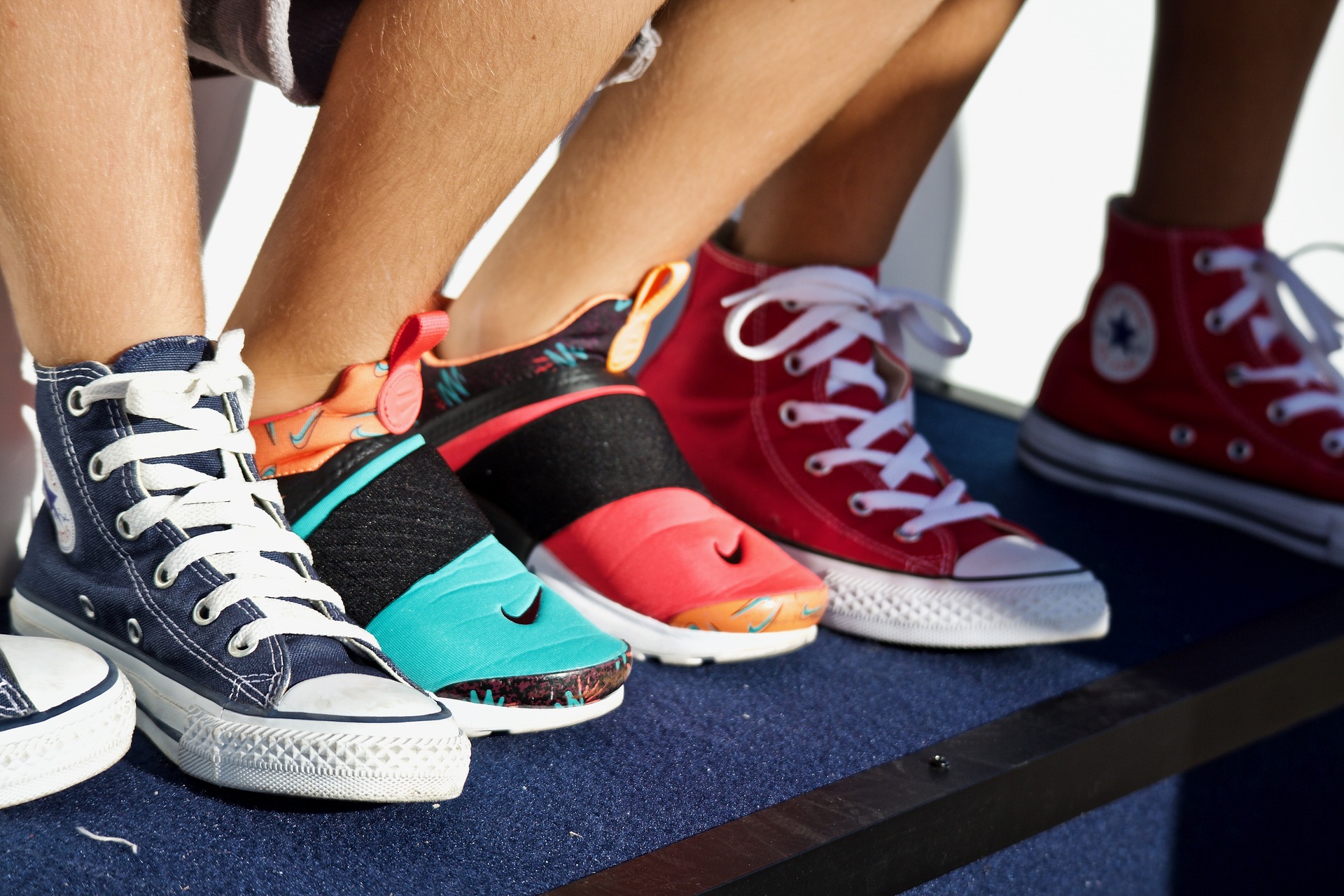STOP Wearing the Wrong Shoes - The Best Footwear for Neuropathy Revealed
Neuropathy, a condition characterized by nerve damage, can significantly impact foot health and overall quality of life. For those suffering from this condition, finding the right footwear is crucial. The wrong shoes can exacerbate symptoms, while the right pair can provide much-needed relief and support. This article explores how proper footwear can make a difference in managing neuropathy and reveals the best shoe options for those dealing with this challenging condition.

How Can the Right Shoes Reduce Neuropathy Pain?
Proper footwear plays a vital role in managing neuropathy symptoms. The right shoes can provide cushioning to absorb shock, reduce pressure points, and offer stability to prevent falls. By distributing weight evenly across the foot, well-designed shoes can minimize irritation to sensitive nerves. Additionally, shoes with a wider toe box allow toes to spread naturally, reducing compression and potential nerve damage. Breathable materials can also help regulate temperature and moisture, preventing conditions that may worsen neuropathy symptoms.
What Features Should You Look for in Neuropathy-Friendly Shoes?
When shopping for neuropathy-friendly footwear, several key features should be on your checklist. Look for shoes with a soft, seamless interior to minimize friction and irritation. A wide, deep toe box is essential to accommodate any foot deformities and allow for proper circulation. Shoes with good arch support and shock-absorbing soles can help distribute pressure evenly. Adjustable closures, such as Velcro straps or laces, allow for a customized fit to accommodate swelling. Lightweight materials and a rocker bottom design can also aid in reducing fatigue and promoting a more natural gait.
What Are Common Shoe Mistakes That Worsen Foot Nerve Pain?
Many people unknowingly make shoe choices that can exacerbate neuropathy symptoms. Wearing shoes that are too tight is a common mistake, as it can compress nerves and restrict blood flow. High heels and shoes with pointed toes force the foot into unnatural positions, increasing pressure on sensitive areas. Shoes with little to no cushioning fail to absorb shock, leading to increased pain and discomfort. Opting for shoes made from non-breathable materials can trap moisture, potentially leading to fungal infections that may worsen neuropathy symptoms.
Which Brands and Styles Offer the Best Comfort and Support?
Several brands have gained recognition for their neuropathy-friendly footwear. Orthofeet, for example, offers shoes specifically designed for those with neuropathy, featuring orthotic insoles and extra-depth designs. New Balance provides a range of wide-width shoes with excellent cushioning and support. Brooks offers running and walking shoes with ample cushioning and stability features. Propét specializes in therapeutic footwear with Medicare-approved options. Styles to consider include athletic shoes with good shock absorption, orthopedic sandals with adjustable straps, and supportive slip-ons for easy on and off.
Interesting facts about neuropathy and footwear:
- Custom-made orthotics can significantly enhance the effectiveness of neuropathy-friendly shoes
- Some shoe materials, like leather, tend to mold to the foot over time, providing a more personalized fit
- Alternating between different pairs of shoes can help reduce pressure points and extend the life of your footwear
- Regular foot checks are crucial for neuropathy patients, as they may not feel injuries or irritations caused by ill-fitting shoes
How Does Footwear Affect Overall Nerve Health?
The impact of footwear on nerve health extends beyond immediate comfort. Proper shoes can improve circulation, which is essential for nerve health and regeneration. By promoting better posture and alignment, supportive shoes can reduce stress on the entire nervous system, potentially slowing the progression of neuropathy. Conversely, wearing inappropriate shoes can lead to altered gait patterns, muscle imbalances, and increased risk of falls, all of which can further damage nerves and exacerbate neuropathy symptoms.
What Role Do Socks Play in Neuropathy Management?
While shoes are crucial, the importance of socks in neuropathy management shouldn’t be overlooked. Seamless socks made from moisture-wicking materials can prevent blisters and reduce friction. Compression socks may help improve circulation and reduce swelling in the feet and legs. Some specialized socks feature extra padding in high-pressure areas to provide additional protection for sensitive feet. When choosing socks, opt for those without tight elastic bands that could restrict blood flow. The combination of proper socks and shoes can significantly enhance comfort and protection for those with neuropathy.
In conclusion, selecting the right footwear is a critical aspect of managing neuropathy. By understanding the features to look for and the mistakes to avoid, individuals can make informed choices that contribute to their overall comfort and well-being. Remember that what works best can vary from person to person, so it may take some trial and error to find the perfect pair. Regular consultations with a podiatrist or foot specialist can provide personalized recommendations and ensure that your footwear choices are supporting your neuropathy management efforts effectively.
This article is for informational purposes only and should not be considered medical advice. Please consult a qualified healthcare professional for personalized guidance and treatment.
The shared information of this article is up-to-date as of the publishing date. For more up-to-date information, please conduct your own research.




